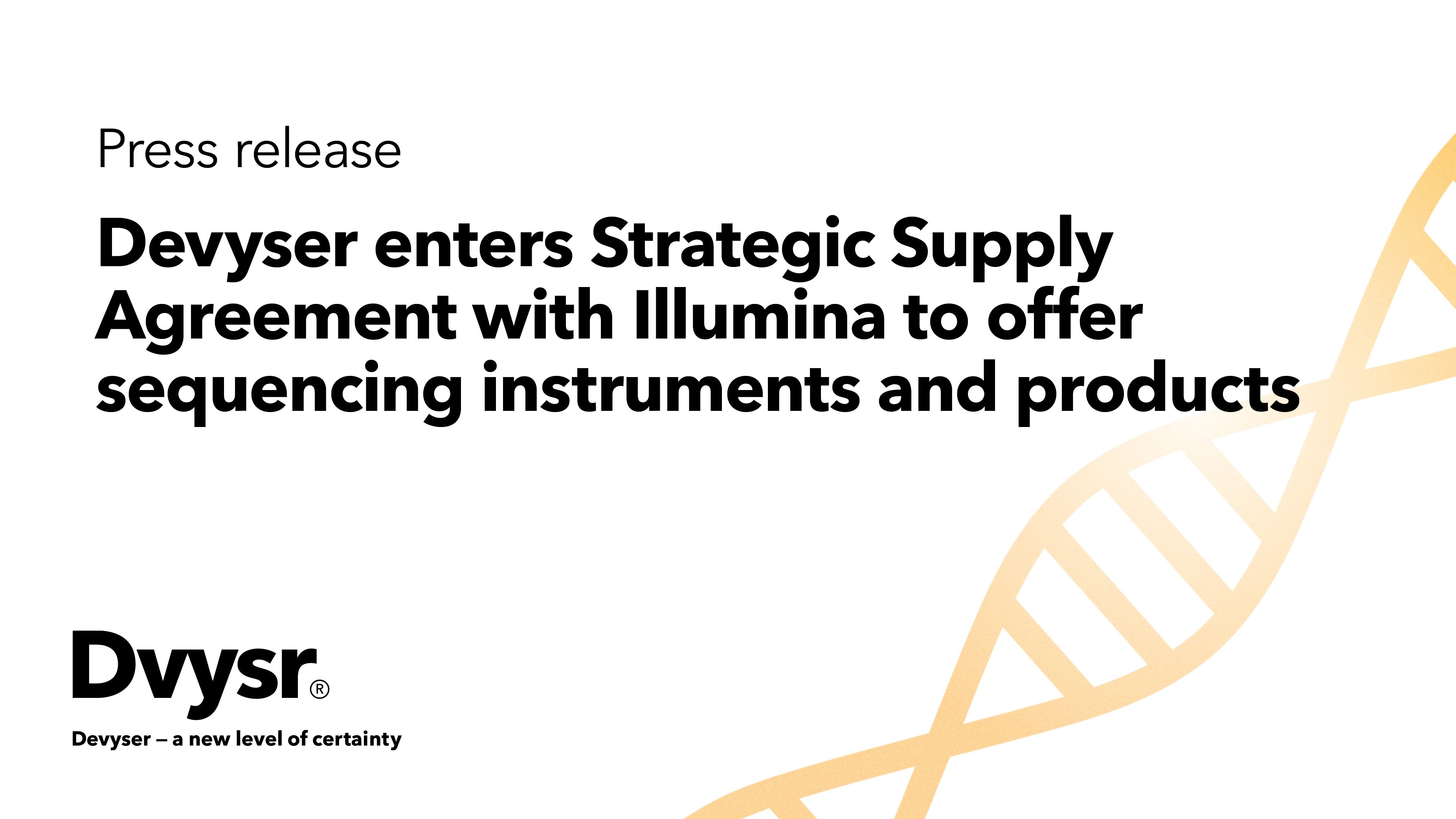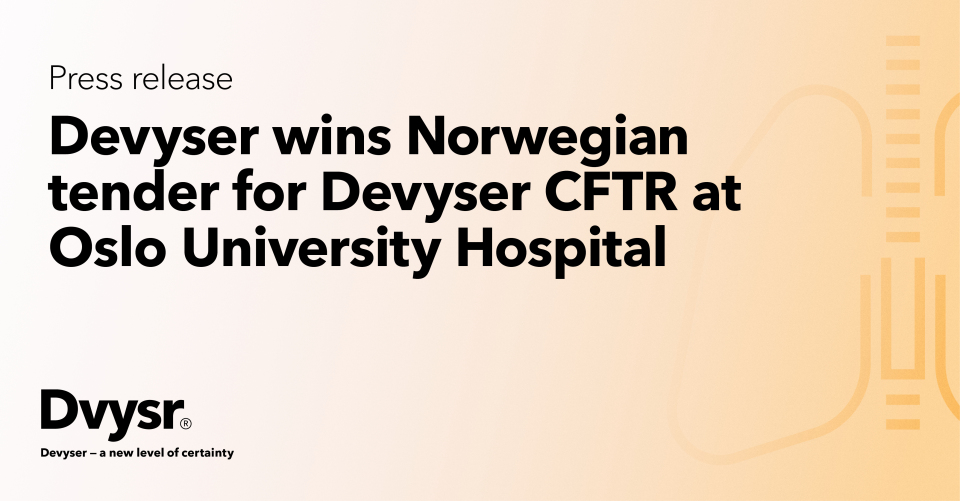Devyser acquires Swedish company Cybergene AB and strengthens its position in the aneuploidy market
Devyser Diagnostics AB (publ), a Swedish molecular diagnostics company, today announces that it has...
In this case study, Dr. Papasavva describes her laboratory’s journey from traditional thalassemia testing to state-of-the-art NGS technology and what a difference this has made in their daily work.
Whitepaper
This whitepaper details how dd-cfDNA monitoring represents a significant advancement in the field of kidney transplantation. Offering a non-invasive and sensitive method for early detection of graft rejection can potentially improve patient outcomes and transform post-transplant care.
The study discussed in this whitepaper validates the feasibility of dd-cfDNA monitoring to differentiate between sources of dd-cfDNA (Pettersson et al., 2024). The study even highlighted the challenge faced by dd-cfDNA monitoring, as the assay detected dd-cfDNA from an organ explanted 8 years previously. The NGS-based methodology allows for scalable deployment of the technology, with the ability to analyze multiple samples with a turnaround time acceptable for clinical applications.

Devyser Diagnostics AB (publ), a Swedish molecular diagnostics company, today announces that it has...
Read More

Devyser today announced that it entered a strategic agreement with Illumina, a global leader in DNA...
Read More

Devyser is proud to announce that the company has been awarded a tender by Oslo University Hospital...
Read More

Devyser, a leading provider of advanced genetic testing solutions, has been awarded a new tender in...
Read More